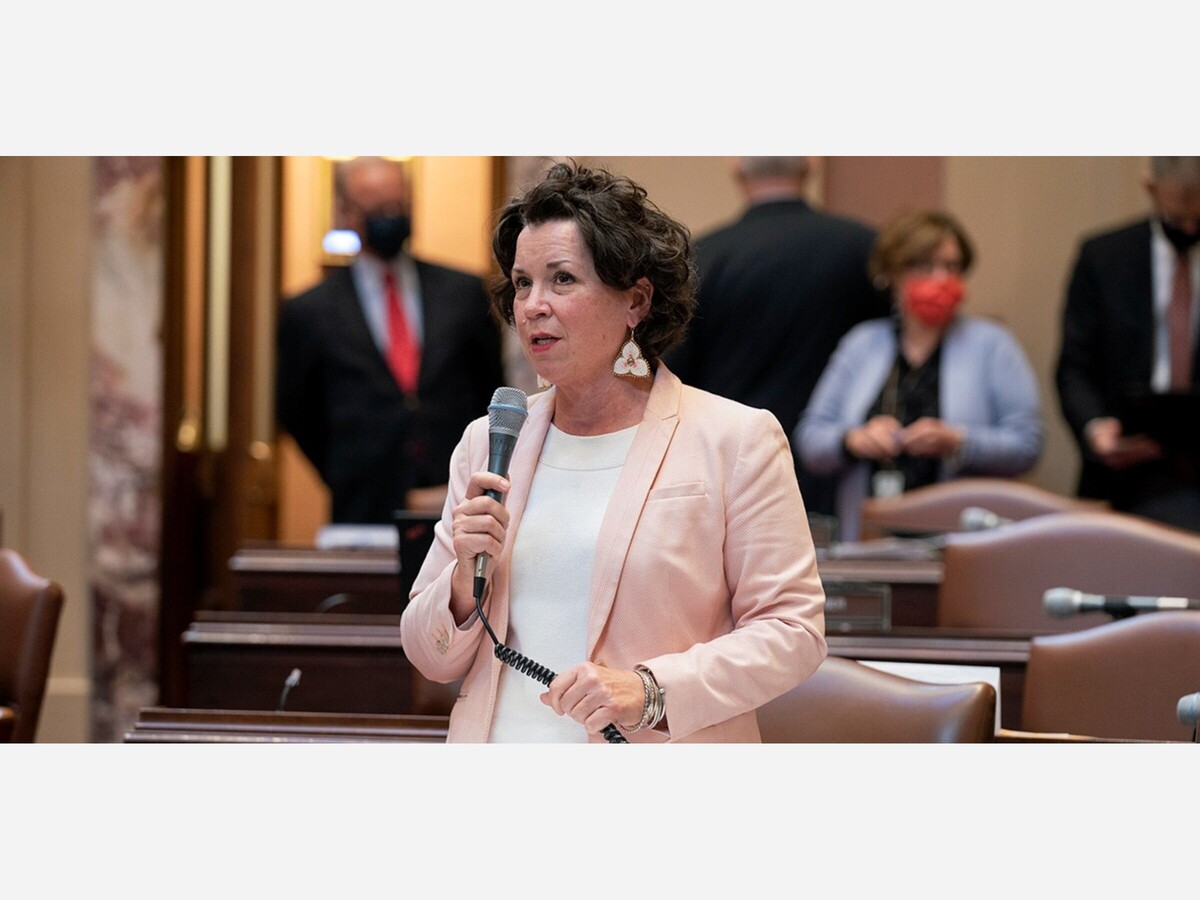Image


ST. PAUL, Minn. (July 23, 2025) – Minnesota has officially launched the Gaagige-Mikwendaagoziwag Reward Fund Tip Program, a new effort aimed at helping bring answers and accountability to families affected by the crisis of Missing and Murdered Indigenous Relatives (MMIR). The name Gaagige-Mikwendaagoziwag — Ojibwe for “They will be remembered forever” — reflects the program’s core mission: to ensure that every missing Indigenous person is honored, remembered, and, most importantly, found.
The initiative, developed by the state’s Office for Missing and Murdered Indigenous Relatives (MMIR), offers financial rewards for actionable tips that help advance unsolved cases involving Indigenous individuals across Minnesota.
The new tip program is designed to break long-standing silences and encourage public participation in solving open MMIR cases. The reward structure includes:
Only individuals not involved in the crime are eligible to receive rewards. While anonymous tips are accepted, the reward can only be claimed if the tipster provides contact information for verification. Tips must also relate to active investigations that have been processed through the MMIR intake process.
Currently, 16 active cases are eligible for rewards, including the high-profile disappearances of Jeremy Jourdain in 2016 and Nevaeh Kingbird in 2021, both of whom vanished in Bemidji under unresolved circumstances.
The program is funded through a $250,000 allocation passed by the Minnesota Legislature during the 2022–23 session, with an additional $100,000 raised from the sale of MMIR specialty license plates. Proceeds from the sale of more than 4,400 of these plates have gone directly into the reward fund.
State Senator Mary Kunesh (DFL–New Brighton), who is a descendant of the Standing Rock Sioux Tribe, authored the legislation establishing the reward fund and co-sponsored the companion bill with Representative Liish Kozlowski (DFL–Duluth).
“Sometimes money loosens a tongue,” said Sen. Kunesh at Wednesday’s announcement. “Our Indigenous people … have had such a long distrust of policing … if there’s a way that we can create an opportunity to come forward … then I think this is … money, well spent.”
Ana Negrete, interim director of the MMIR Office, said the fund represents not only a tool for justice but a signal to families that their pain is not being ignored.
“We’re hearing more families asking for rewards to help move cases forward,” said Negrete. “Now we finally have a way to support that.”
For families of missing Indigenous Minnesotans, the new program offers hope. Kathy Mishow, whose daughter Kateri Mishow has been missing since 2007, shared her emotional plea during the launch event.
“There’s not a day that goes by that I don’t cry,” Mishow said. “I hope that with this reward fund, that we find some type of answers.”
Theresa Jourdain, the mother of Jeremy Jourdain, echoed that sentiment: “I don’t want anyone to forget Jeremy.”
Law enforcement also voiced strong support. Bemidji Police Chief Mike Mastin, who has worked closely with MMIR cases, noted the fund could play a key role in building trust with communities and bringing long-awaited resolutions.
The launch comes against the backdrop of deeply troubling statistics. In 2024 alone, 716 Indigenous people were reported missing in Minnesota, 57% of them women — despite Indigenous women making up only about 1% of the state’s population. Nationally, homicide is the third leading cause of death for Indigenous women, and their murder rate is 10 times higher than that of white women, according to the CDC.
These disparities highlight the urgent need for dedicated resources and culturally informed strategies to address the MMIR crisis. The reward fund is part of a larger statewide framework that includes advocacy, case tracking, and community-led prevention efforts.
The MMIR Office encourages anyone with information about a missing or murdered Indigenous person to come forward. Tips can be submitted to local law enforcement agencies or anonymously through Crime Stoppers of Minnesota. More information about eligibility and submission procedures is available at dps.mn.gov.
Editor’s Note: The Gaagige-Mikwendaagoziwag Reward Fund represents a vital step in ensuring justice for Indigenous families. MinneapoliMedia will continue to follow developments and highlight community voices committed to resolving these cases.
For inquiries or to share information confidentially, contact your local law enforcement or Crime Stoppers at crimestoppersmn.org.